
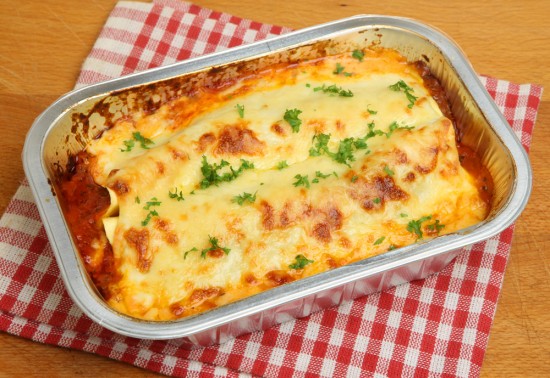
No member of the UK public can fail to have become aware of the still-unfolding scandal of horsemeat being found within ready meals and burgers that were labelled and sold as beef. In the UK, we are a nation of horse lovers and horsemeat is not something that is readily available to buy for human consumption; indeed, most of us would baulk at the very idea of eating horse. So it is no surprise that the vast majority of the UK public and horse owners and riders in particular are horrified to learn that they may have inadvertently eaten horsemeat, for a wide variety of reasons. The question on most people’s lips is ‘how did this happen?’ As well as, of course, questions of where the meat came from in the first place, what happens to horses and ponies in the UK after they reach the end of their life, and what the implications are for both the general public and our horses and ponies themselves.
While eating horsemeat is relatively common across large parts of Europe and the wider world, here in the UK, our horses and ponies are our pets, and often much loved members of the family. It is of course entirely understandable that people baulk at the idea of eating their pets, and of course concerns over the welfare of animals that are slaughtered, particularly when this is done so in an underhand way with animals that were never intended to enter the food chain, are near the front of every rider’s minds.
Animals in the UK that are raised and slaughtered for human consumption are subject to strict regulations on animal welfare, how they are cared for, how they are slaughtered and their general health and wellbeing. This is not only to protect the interests of the animals in question, but to protect the health of the people that eventually consume them.
All UK farms that raise cattle, pigs, sheep and other animals for meat are very strictly regulated, and their animals are regularly monitored, checked and tested to ensure that they are both well cared for while awaiting slaughter, and also, fit for human consumption. There are very strict rules and regulations in place governing the health of any animals that will later enter the food chain, and any medicines, chemicals and hormones that may be administered to them. When animals enter the food chain subversively, such as in the case of horses secretly being used as a supplement to beef products, no such standards and regulations are in place; the animals in question might not have been judged as fit for human consumption, should they have been tested.
Specifically, Phenylbutazone or ‘bute,’ a veterinary anti-inflammatory drug that is often administered to horses, is banned from use in animals that are intended for human consumption, due to a range of potential risks from its presence within food.
The UK does not breed and raise horses for meat on any significant scale, although there are several abattoirs within the UK that slaughter horses and ponies for use in pet food and for export to other countries.
Currently, the live export of horses and ponies from within the UK for slaughter abroad is not permitted, thanks to a series of campaigns in the 1990’s highlighting the welfare implications of exporting horsemeat on the hoof. Pet passport schemes and regulations governing the export of horses to the continent are intended to police this law, however it is widely accepted that the systems in place to regulate it are not strongly enough policed, and that horses and ponies are still exported illegally on the hoof for eventual slaughter in mainland Europe.
Also, as it is not yet known what country the horsemeat found in UK meals originated from, there is no way of knowing what kind of care and welfare standards are in place in their country of origin to protect their interests.
If you are wondering with trepidation what may have happened to a horse or pony that you previously owned or rode after they reached the end of their life, the chances are that your concerns are unfounded. The vast majority of horses and ponies that die naturally or are euthanized due to their age, injury or illness are dealt with by a vet on-site, and usually buried by their owners on their own land or that of their stabling. Even in the case where horses are hauled away for cremation or disposal elsewhere, live horses are generally not given or sold to an abattoir, and the owner of any horse or pony will always get final say as to what happens to the body of their animal after death.
That being said, sometimes herds of wild-roaming non purebred horses and ponies that are privately owned are sometimes culled by their owners and sold to the meat trade, either directly or by means of livestock auctions. This is relatively unusual however; horses are, as any owner knows, expensive to keep, feed and care for, and are generally not a viable source of any significant profit when this is taken into account.
The question of everybody’s lips in the wake of the horsemeat scandal is, of course, ‘how can I make sure that my meals do not contain horsemeat?
Understandably, the British public has lost a lot of faith recently in many of the large supermarket chains, packaged food manufacturers and producers, and suspicion as to the content of pre-packaged meals or meat such as mince and burgers where the cut of meat and its origin is not immediately obvious is rife, and not without reason.
While the only sure-fire way to avoid eating horsemeat is to avoid eating any meat at all, there are many ways to shop smartly in terms of the selections that you make.
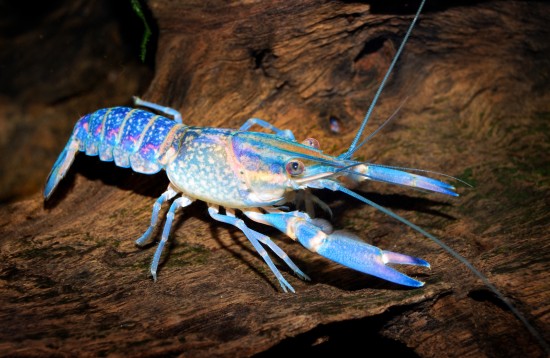 Can You Keep Crayfish As A Pet?
Can You Keep Cray
Can You Keep Crayfish As A Pet?
Can You Keep Cray
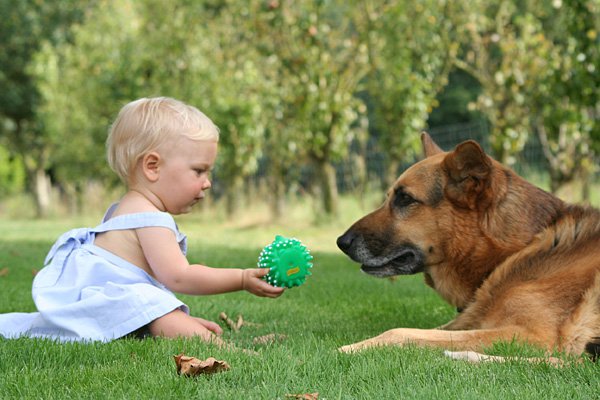 Learn to How to Control the Aggressive Behavior of Dogs!
Learn to How to Control the Aggressive Behavior of Dogs!
Learn to How to Control the Aggressive Behavior of Dogs!
Learn to How to Control the Aggressive Behavior of Dogs!
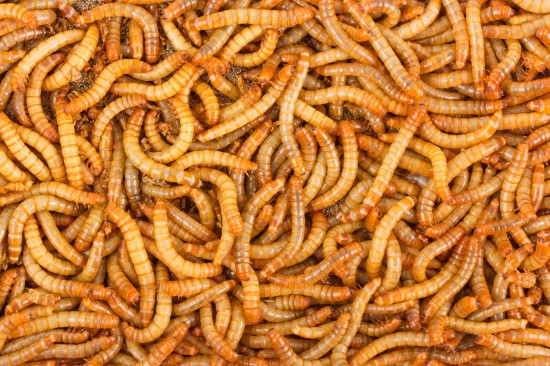 Mealworms - How To Keep And Breed Them For Your Chickens
Mealworms - How T
Mealworms - How To Keep And Breed Them For Your Chickens
Mealworms - How T
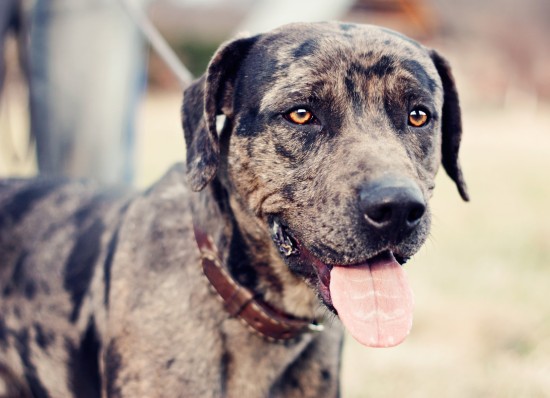 7 Highly Unusual Dog Breeds With Unique Traits
7 Highly Unusual
7 Highly Unusual Dog Breeds With Unique Traits
7 Highly Unusual
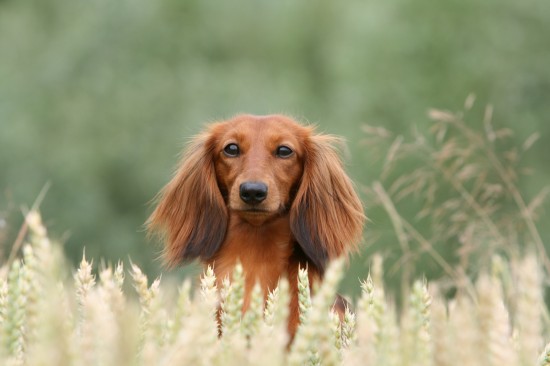 Fibre, Grains And Fillers - What Does Your Dog Need?
Fibre, Grains And
Fibre, Grains And Fillers - What Does Your Dog Need?
Fibre, Grains And
Copyright © 2005-2016 Pet Information All Rights Reserved
Contact us: www162date@outlook.com